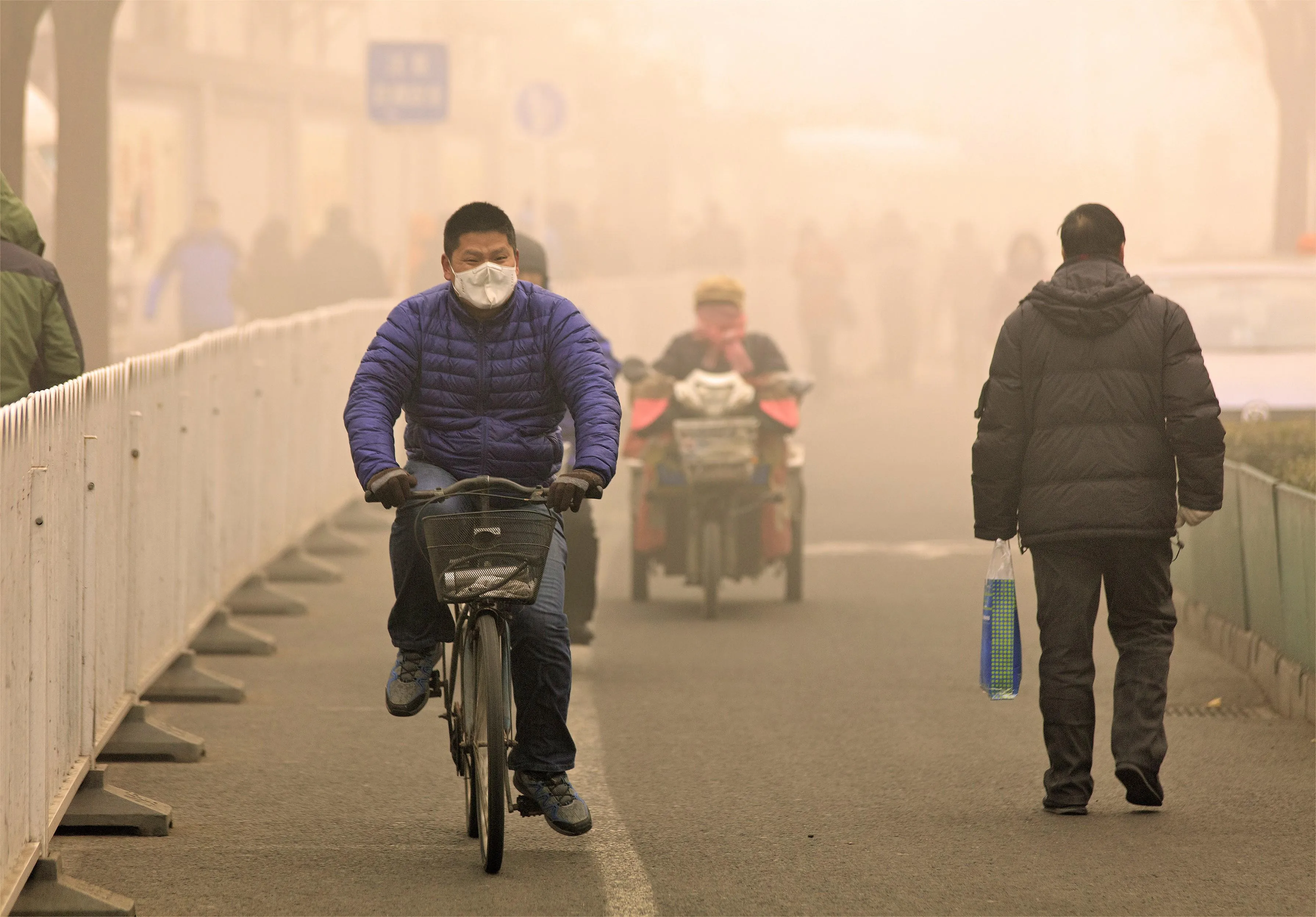23 January 2017
Scientists are to examine the health effects of air pollution which is blighting Beijing in a major new ground-breaking international study.
Scientists are to examine the health effects of air pollution which is blighting Beijing in a major new ground-breaking international study.
The multi-disciplinary research, one of the largest ever of its kind, will measure the day-to-day impact of air quality upon the health of people living in a Chinese megacity affected by some of the highest air pollution levels in the world.
The collaborative research by Chinese, US and UK universities – including King’s College London, will use cutting edge technology including using personal pollution monitors for the first time to gain a wider picture of what living in such conditions does to people’s health. It is one of five research projects underway and funded by the UK’s Natural Environment Research Council (NERC) , the Medical Research Council (MRC) and the National Natural Science Foundation of China (NSFC).
Ambient air pollution is one of the leading causes of non-communicable disease in China with some one million people a year estimated to die from air pollution related causes.
The new research – Effects of Air Pollution on Cardiopulmonary Disease in Urban and Peri-Urban Residents in Beijing – will track 120 people in the centre of a Beijing and also a further 120 residents of an outlying small village for a comparative study of urban and rural areas.

Professor Frank Kelly of King’s Environmental Research Group is one of the lead researchers and says the study offers a unique insight.
“Our previous research has shown that ambient air pollution is one of the leading risks to health in China, with particularly large impacts on the rising burden of cardiopulmonary diseases. After smoking it is the 2nd biggest health problem they have. The findings of this study can have an immediate impact on both the strategies for reducing air pollution levels and exposures, and for other public health and clinical approaches to alleviate its impact upon health.”
